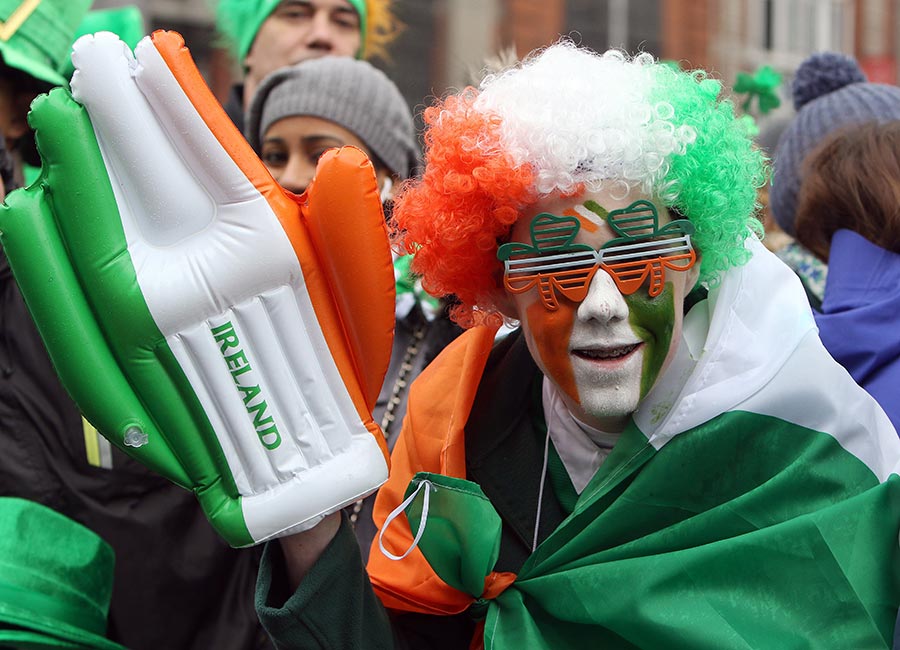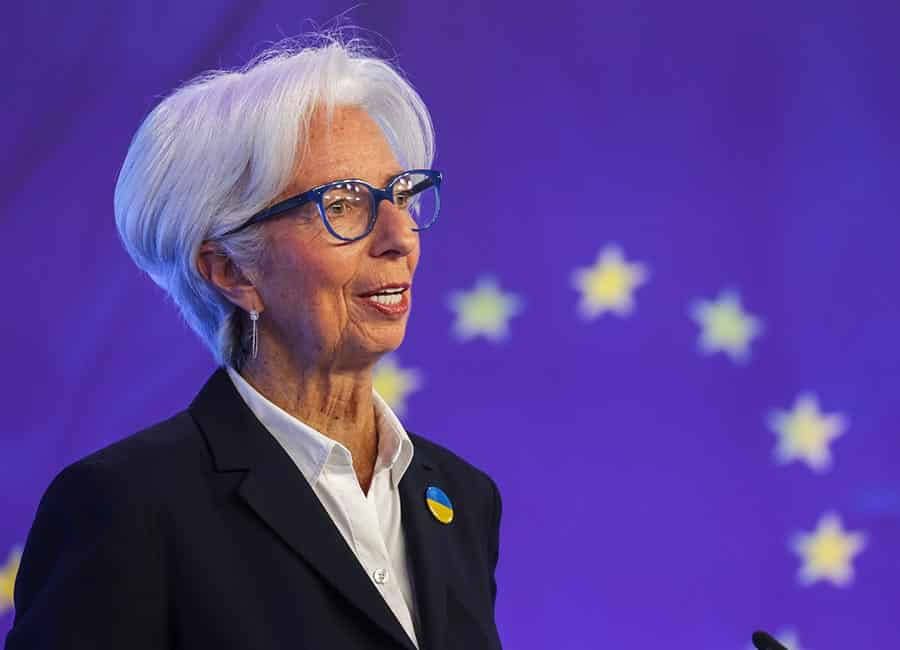The three private sector members of the nine-member Low Pay Commission have strongly disagreed with the Commission’s proposal to government to hike the National Minimum Wage from €9.25 per hour to €9.55 per hour. The government has accepted the LPC recommendation, and so has Fianna Fáil, and the NMW will most likely be increased in January 2018.
The three LPC dissidents are Vincent Jennings, CEO of the Convenience Stores and Newsagents Association; Caroline McEnery, founder of The HR Suite; and Tom Noonan, formerly chief executive of Maxol Group and president of Ibec from 2008 to 2010.
The other six members of the Low Pay Commission are unconnected with the commercial world. Chairman Donal de Buitléir is Director of PublicPolicy.ie, which is funded by Chuck Feeney’s Atlantic Philanthropies; Patricia King and Gerry Light are trade union executives; Edel McGinley works with the state-funded Migrant Rights Centre Ireland; while Mary Mosse and Donal O’Neill are academics.
In their minority report, Jennings, Noonan and McEnery (pictured) state: “Our main reason for disagreeing with this proposal is that we consider it to be of such a magnitude as to be outside of our statutory brief, insofar as it is not an evidence based conclusion and it is not supported by the data set out in the main body of this report.
“In addition, it takes insufficient regard of the views of the people who will actually have to fund the proposed increase, namely employers, big and small, right across Ireland. For the first time since the Commission’s inception, we are compelled to formally disassociate ourselves from its finding, as we are concerned that it is too large an increase in the present economic circumstances and is likely to have a particularly adverse impact on small to medium sized enterprises.
“Indeed, the proposed 30c increase in the hourly rate is three times higher than the Commission recommended last year. In addition, it represents an increase of 3.24%, which is significantly more than pay increases generally in Ireland in the same period.”
According to the Low Pay Commission report, there are an estimated 155,100 people in the workforce who are paid the minimum wage. Average weekly hours worked varies across the group. For example, the LPC estimates that 11,170 people work 1-9 hours while 21,100 work 40-44 hours.
Extrapolating from this data, the 30c per hour NMW increase from January 2018 will add €65 million to the payroll overhead of affected employers, excluding additional employer PRSI costs.
Inflation Disconnect
The trio point out that since the NMW was increased by 10c to €9.25 in January 2017, there has been no increase in consumer prices inflation. “Since its introduction, the Minimum Wage has consistently grown at a faster rate than inflation. As a result, it is now already 28% higher than what it would have been if it were pegged to inflation.”
The Commisison majority point to rising rents as justification for the Minimum Wage hike. The minority trio counter: “Only a third of minimum wage workers live in private rented accommodation and we believe that the housing crisis and the exorbitant cost of child care are matters which should be addressed by public policy initiatives rather than by employers.”
When the hike takes effect next January, the increase in the Minimum Wage since the beginning of 2016 will amount to 10.4%. The increase in average pay in Ireland in the same period has been 3.8%.
In its 2016 report, the Commission outlined that almost half of minimum wage workers are concentrated in retail and hospitality. Food manufacturing is another sector that is reliant on the Minimum Wage. According to the dissenting LPC members, these sectors are extremely exposed to Brexit.
• Hospitality - 40% of Ireland’s tourists come from Britain and the drop in visitor numbers from there (-6.8%) for the January to May ‘17 period reflects that.
• Retail - Sterling depreciation has historically been accompanied by large increases in both cross-border and online shopping. This was clearly seen at the end of last year when such a currency change caused the growth rate in retail sales to halve.
• Food manufacturing - almost 41% of food exports go to the UK. In the final 6 months of last year, these fell by 5%.
• While employment in Dublin is now only 1.65%% below peak levels, other regions are still struggling to improve job opportunity levels. In the Border area, employment is still 11% below the previous peak.
Ireland already has the second highest Monthly Minimum Wage in the EU, with only Luxembourg having a higher rate. The ESRI found that over 70% of the gross value of the minimum wage increase in 2016 went to households in the top half of the income distribution; almost half went to the top 30% of households. On the other hand, only 6.5% went to the bottom 30% of households.
“Insofar as the minimum wage increase is passed on through higher prices or lower employment growth it will represent a net transfer from poorer households to richer ones,” say the LPC employer representatives.
Ibec Reaction
Ibec, the group that represents Irish business, commented that there is no justification for further increases to the National Minimum Wage in the current economic climate. The group warned that any rise would fuel wage pressure across the economy at a time when businesses are facing acute challenges to competitiveness posed by Brexit.
Director of Employer Relations at Ibec, Maeve McElwee, stated: “Current trends provide no justification for such a substantial increase at a time when many Irish sectors are so exposed to competitive threats from Brexit. Any further cost burdens imposed by minimum wage increases would be extremely difficult for these sectors to withstand. The Irish minimum wage will be 12% higher than that in the UK if these recommendations are implemented. It is unclear how the Low Pay Commission could have arrived at an increase of this scale with due regard for these facts.
“The terms for reporting of the Low Pay Commission, established by government under the National Minimum Wage Act 2015, require adjustments in the national minimum wage only where appropriate, and for any increases to be incremental without significant adverse consequences for employment or competitiveness.
"We believe that government should ensure that the minimum wage is competitive and affordable while also taking into account the cost of living. An inappropriately high minimum wage will lead to a reduction in employment, hours worked, job creation, and ultimately business viability."











